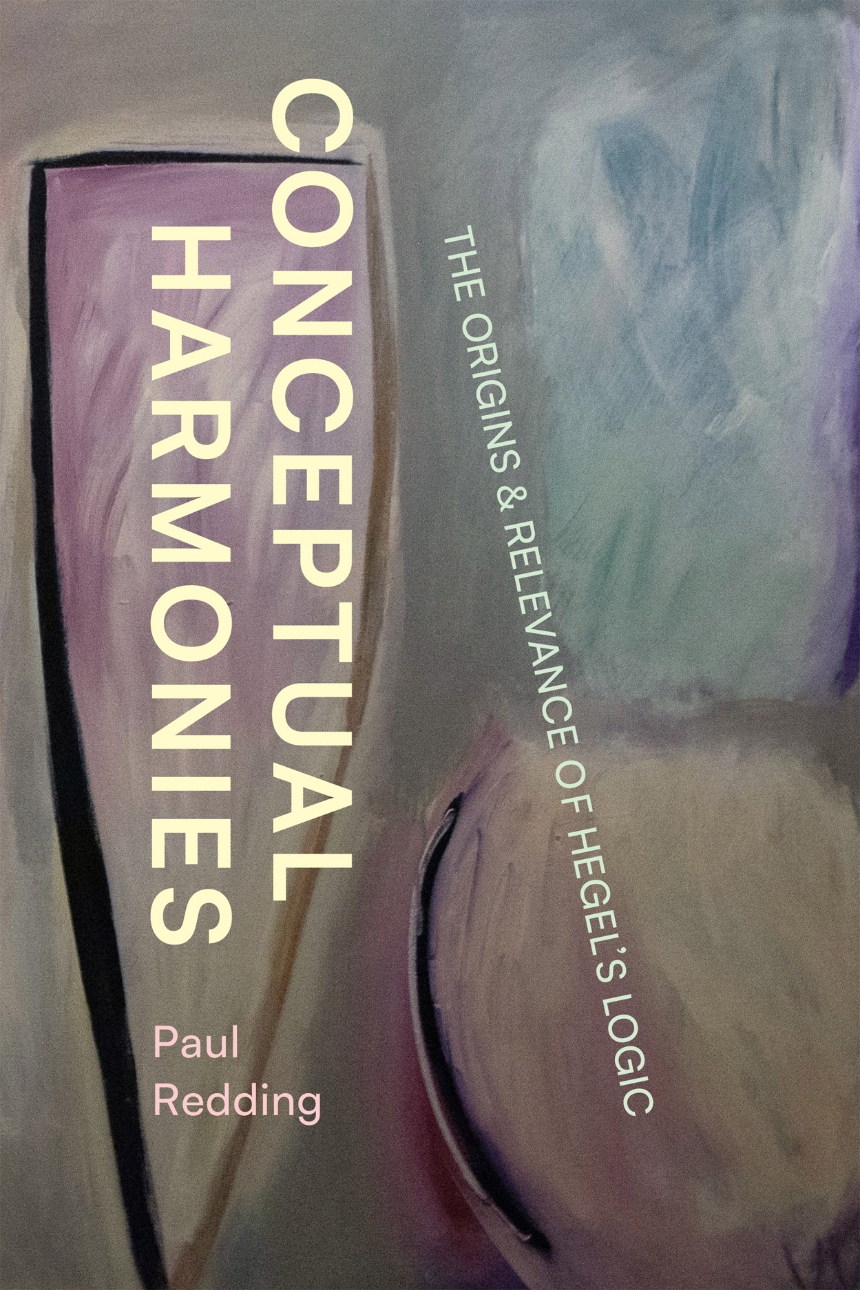Conceptual Harmonies
The Origins and Relevance of Hegel’s Logic
9780226826073
9780226826059
9780226826066
Conceptual Harmonies
The Origins and Relevance of Hegel’s Logic
A new reading of Hegel’s Science of Logic through the history of European mathematics.
Conceptual Harmonies develops an original account of G. W. F. Hegel’s perplexing Science of Logic from a simple insight: philosophical and mathematical thought have shaped each other since classical times. Situating Science of Logic within the rise of modern mathematics, Redding stresses Hegel’s attention to Pythagorean ratios, Platonic reason, and Aristotle’s geometrically inspired logic. He then explores how later traditions shaped Hegel’s world, through both Leibniz and new forms of algebraic geometry. This enlightening reading recovers an overlooked stream in Hegel’s philosophy that remains, Redding argues, important for contemporary conceptions of logic.
Conceptual Harmonies develops an original account of G. W. F. Hegel’s perplexing Science of Logic from a simple insight: philosophical and mathematical thought have shaped each other since classical times. Situating Science of Logic within the rise of modern mathematics, Redding stresses Hegel’s attention to Pythagorean ratios, Platonic reason, and Aristotle’s geometrically inspired logic. He then explores how later traditions shaped Hegel’s world, through both Leibniz and new forms of algebraic geometry. This enlightening reading recovers an overlooked stream in Hegel’s philosophy that remains, Redding argues, important for contemporary conceptions of logic.
328 pages | 28 line drawings | 6 x 9 | © 2023
History: History of Ideas
Philosophy: General Philosophy, History and Classic Works, Logic and Philosophy of Language
Reviews
Table of Contents
Hegel’s Texts: Translations and Abbreviations
Preface
Introduction
Beginning: Hegel’s Classicism
1 Logic, Mathematics, and Philosophy in Fourth-Century Athens
2 Hegel and the Platonic Origins of Aristotle’s Syllogistic
3 The General Significance of Neoplatonic Harmonic Theory for Hegel’s Account of Magnitude
Middle: Classical Meets Modern
4 Geometry and Philosophy in Hegel, Schelling, Carnot, and Grassmann
5 The Role of Analysis Situs in Leibniz’s Modernization of Logic
6 Hegel’s Supersession of Leibniz and Newton: The Limitations of Calculus and Logical Calculus
End: The Modern as Redetermined Classical
7 Exploiting Resources within Aristotle for the Rehabilitation of the Syllogism
8 The Return of Leibnizian Logic in the Nineteenth Century: From Boole to Heyting
9 Hegel among the New Leibnizians: Judgments
10 Hegel beyond the New Leibnizians: Syllogisms
Conclusion: The God at the Terminus of Hegel’s Logic
Acknowledgments
Notes
Bibliography
Index
Preface
Introduction
Beginning: Hegel’s Classicism
1 Logic, Mathematics, and Philosophy in Fourth-Century Athens
2 Hegel and the Platonic Origins of Aristotle’s Syllogistic
3 The General Significance of Neoplatonic Harmonic Theory for Hegel’s Account of Magnitude
Middle: Classical Meets Modern
4 Geometry and Philosophy in Hegel, Schelling, Carnot, and Grassmann
5 The Role of Analysis Situs in Leibniz’s Modernization of Logic
6 Hegel’s Supersession of Leibniz and Newton: The Limitations of Calculus and Logical Calculus
End: The Modern as Redetermined Classical
7 Exploiting Resources within Aristotle for the Rehabilitation of the Syllogism
8 The Return of Leibnizian Logic in the Nineteenth Century: From Boole to Heyting
9 Hegel among the New Leibnizians: Judgments
10 Hegel beyond the New Leibnizians: Syllogisms
Conclusion: The God at the Terminus of Hegel’s Logic
Acknowledgments
Notes
Bibliography
Index
